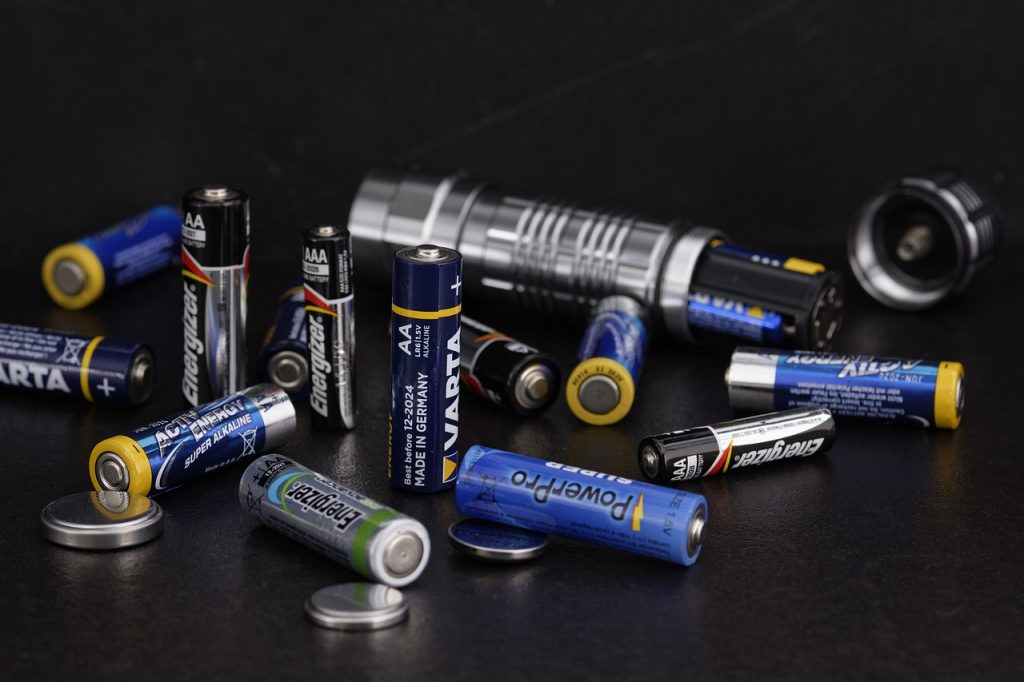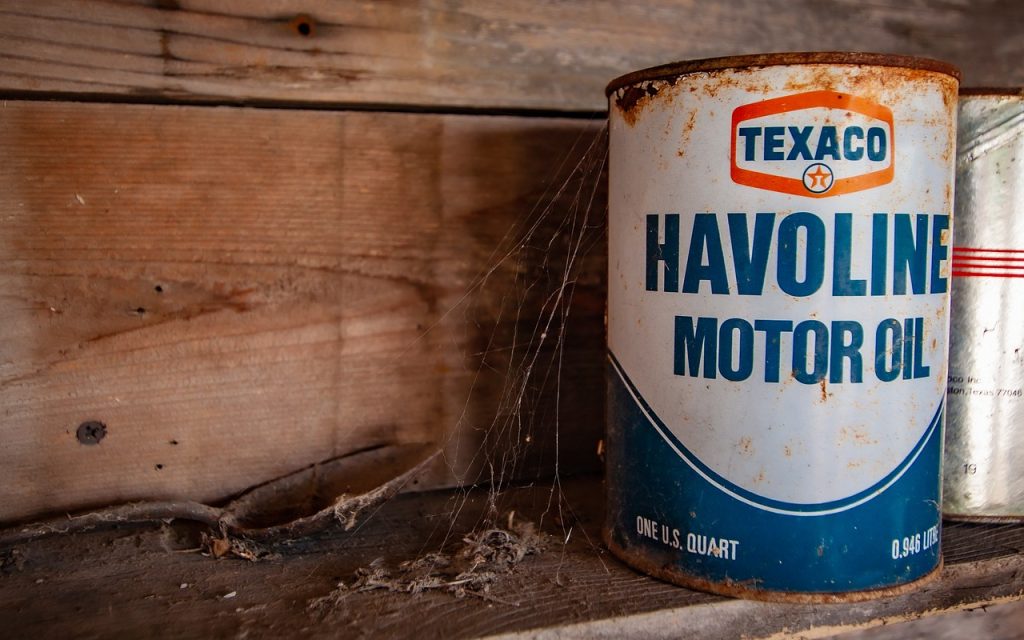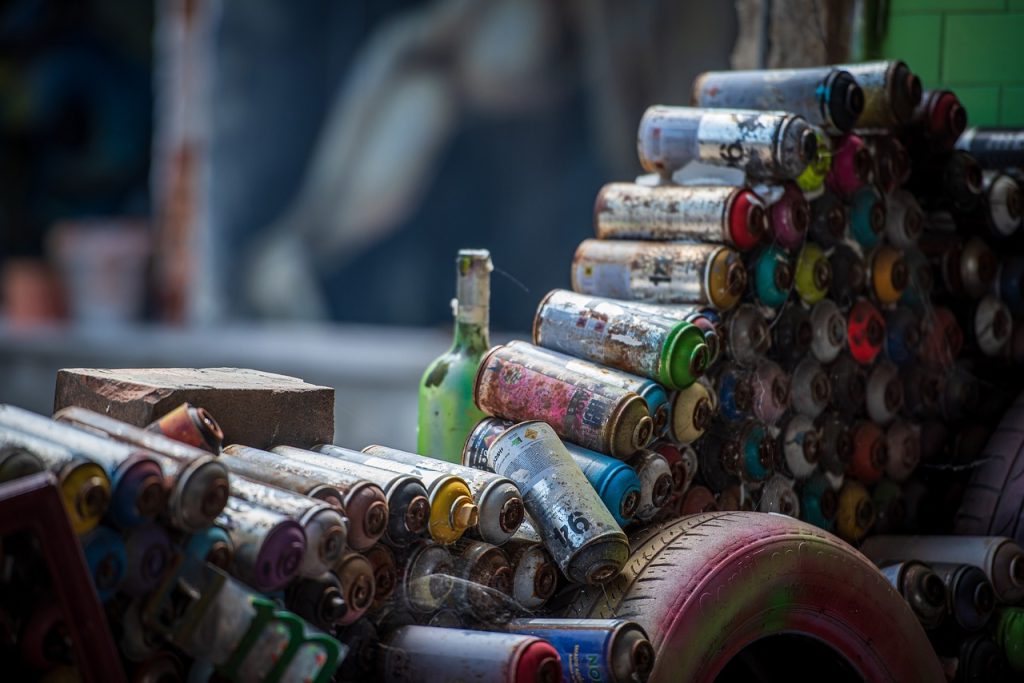- Understand the importance of recycling single-use cell batteries.
- Recognize the harmful chemicals present in used batteries.
- Identify devices that specifically require alkaline batteries.
- Check local laws and retailers for battery recycling requirements.
- Use recycling centers or special recycling programs for battery disposal.
- Before recycling, cover battery terminals with clear tape to prevent shorts.
- Stay informed and utilize online platforms for battery recycling.
- Contribute to reducing toxic waste in landfills by recycling batteries.
Understanding Battery Recycling: The Importance of Cell Batteries and Alkaline Batteries
Understanding battery recycling and in specific, the importance of recycling single-use cell batteries, such as alkaline batteries, is critical for a sustainable future. A significant part of our modern lifestyle revolves around the use of various battery types. However, used batteries shouldn’t simply be thrown into waste bins but should be considered as universal waste since they contain harmful chemicals.
Alkaline batteries and other single-use batteries like lead-acid batteries are classified as hazard waste. These batteries contain dangerous elements like mercury, lead, and cadmium which when dumped in landfills, have the potential to leak into the ground causing massive soil and water pollution. It’s important to note that while alkaline batteries manufactured after 1994 contain lesser amounts of mercury, they still remain harmful to the environment if not disposed of properly.
You might wonder why not switch to rechargeable batteries altogether? Well, some devices are specifically designed to operate on alkaline batteries. For instance, emergency devices like smoke detectors and certain remote controls perform best with single-use batteries. That’s why making sure these varieties get to the proper recycling bins becomes our responsibility.
So how do we recycle alkaline batteries? In some regions, the laws require retailers to collect and recycle batteries. However, you can also take them to recycling centers. There are even special recycling programs where they collect batteries directly from your doorstep. Besides, there are plenty of online platforms for battery recycling which accept a range of batteries. An important point to remember is to keep the battery terminals covered with clear tape before giving them for recycling to prevent any accidental shorts.
Remember, every small act counts. Battery recycling might appear as a small green step, but it certainly contributes majorly to reducing the toxic waste ending up in our landfills. It’s a sure way to ensure that we’re making the best use of the planet’s resources and handing over a healthier planet to the future generations.
Recycling alkaline batteries or any other single-use batteries is crucial for a greener future. Let’s make battery recycling a habit, rather than a chore. After all, proper recycling is just another way of saying “we care”.
Battery Recycling Resources: How to Successfully Recycle Alkaline and Single-use AA Batteries
When it comes to battery recycling, it’s crucial to remember that not all batteries are created equal. Alkaline and single-use batteries, especially AA batteries, require specialized disposal techniques. Many people don’t know how to recycle these batteries properly, so they end up throwing them in the trash, but there are resources available to help with this task. These resources provide crucial guidelines on how to recycle alkaline and single-use AA batteries successfully.
One of the predominant resources for battery recycling is your local waste management facility. They often have dedicated days or drop-off locations for battery disposal. Certain retail stores also have recycling programs for used batteries. It’s worth checking with your local stores to see if they offer recycling options. You can usually drop off your batteries at these locations and be sure they’ll be disposed of correctly.
Battery recycling isn’t just about disposal, it’s about treating batteries in such a way that their components can be recycled. In fact, almost every part of an alkaline battery can be recycled, which makes them a very eco-friendly option. An important part of the recycling process is separating the steel casing, zinc, and manganese, which are all valuable materials found in these batteries.
It’s also vital to understand the potential dangers of improper battery disposal. Leaking batteries can contaminate the environment, which leads to serious health hazards. Therefore, recycling single-use batteries is essential, not only for the environment but also for public health. in the long run, it becomes clear that the effort to recycle these items is truly valuable.
Various online platforms and websites offer comprehensive guides on battery recycling. These resources are greatly helpful for those interested in responsible disposal and recycling of batteries. They provide extensive information on where to recycle batteries, how they are recycled, and why it is so important.
In conclusion, the process to recycle alkaline batteries, particularly single-use ones, often requires a bit of effort, but it’s a worthwhile pursuit in the name of environmental responsibility. The key is to stay informed and make use of the resources available to ensure the batteries are recycled and not just disposed of.
Comparative Reviews: Battery Recycling Performance Between Alkaline Batteries and Rechargeable Batteries
When it comes to battery recycling, a comparative review of the performances between alkaline batteries and rechargeable batteries provides valuable insights on the efficacy of recycling efforts. Alkaline batteries are the most commonly used type in the world, found in a wide range of everyday devices. Nonetheless, their recycling performance is less impressive compared to their rechargeable counterparts.
Alkaline batteries are traditionally challenging to recycle. Issues arise from the fact that the battery composition includes materials like zinc and manganese, which aren’t profitable to recycle at a high grade. Consequently, these batteries often end up in landfills, posing severe environmental risks. Therefore, recycling these batteries is more about environmental responsibility rather than the recovery of valuable materials.
On the other hand, rechargeable batteries, particularly those made of lithium-ion or nickel-metal hydride, boast a significantly higher recycling performance. What makes rechargeable batteries more recyclable is the nature of their materials. They contain valuable metals like cobalt, nickel, and lithium, which can be recovered and reused. Hence, from an economic standpoint, recycling these batteries is highly profitable.
The discrepancy in these recycling performances suggests the need for robust policies and innovative technologies for efficient alkaline battery recycling. In line with this, initiatives that encourage users to switch to rechargeable batteries are becoming increasingly necessary. Public awareness campaigns about proper battery recycling are also vital to ensure that the environmental impact of both battery types is mitigated.
While alkaline batteries still dominate the market due to their low cost and availability, the benefits of rechargeable batteries in terms of recyclability cannot be understated. So, for those considering a more environmentally-friendly option, switching to rechargeable batteries can make a significant difference.
In conclusion, if we’re to compare the recycling performance between alkaline and rechargeable batteries, the latter undeniably takes the lead. However, we must recognize that recycling these batteries isn’t just about profit or recoverable materials. It is ultimately about reducing our environmental footprint and promoting a sustainable lifestyle. Thus, understanding battery recycling and its importance remains paramount.
The Process: How Alkaline Batteries are Recycled
Recycling is not only an essential green process but also a responsible method of disposal that helps conserve our resources. Among various recyclable items, alkaline batteries have their special place. This guide will educate you on how to recycle alkaline batteries in a simple and eco-friendly manner. First, it’s crucial to understand that not every place can recycle conventional alkaline batteries. You’ll need to explore specific battery recycling resources to dispose of these batteries properly. While recycling rechargeable batteries is common due their valuable metals, alkaline batteries require different methods.
Let’s delve into the process of how alkaline batteries are recycled. Once collected, the batteries are sorted based on chemistry. The alkaline batteries are separated and are subjected to a process known as mechanical separation. This involves a machine dividing the batteries into three components: iron, zinc/manganese mixture, and paper/plastic. These represent the steel casing, the battery’s alkaline core, and the insulating materials respectively.
The separated components are then recycled. The zinc and manganese mixture undergoes a process to make fertilizers or micronutrient supplements used in agriculture. The iron is generally repurposed into rebar. The paper and plastic, being non-hazardous, are disposed of appropriately. As you can see, recycling alkaline batteries leaves minimal waste and turns the materials into valuable items again. Comparatively, a significant part of a rechargeable battery’s value lies in its precious metals. The battery recycling performance between alkaline batteries and rechargeable batteries targets different end-product needs, but both recycling processes contribute to environmental sustainability.
But can you recycle your batteries at home? Well, it’s not recommended to attempt alkaline battery recycling yourself. Unlike other common recyclables, batteries can harmful or dangerous if not handled properly. This guide suggests leveraging specialized battery recycling resources available in your community or online. By responsibly recycling alkaline batteries, you contribute to a greener planet and sustainable living.
Learning to recycle isn’t just about knowing the process, but implementing it in your daily life as well. This guide has explained how to recycle alkaline batteries, why it’s important, and where to dispose of your batteries. Battery recycling is a practice that benefits us and our environment. And remember, every little green step counts, so keep recycling!
Make a Difference: Recycle Your Batteries to Conserve Environment Resources
Do you know you can make a difference in our environment by ensuring you recycle your batteries rather than tossing them in the trash? Battery recycling is a significant step towards conservation and preservation of our valuable environment resources. From AA to single-use and alkaline batteries, every cell makes a difference in maintaining the green nature of our planet.
So, why should we recycle batteries? Firstly, batteries are classified as hazardous waste. When thrown out with regular garbage, they can cause severe harm to our environment and health. Therefore, appropriate battery recycling processes are needed to manage this waste effectively. Moreover, tossing away used batteries means wasting valuable materials that could be reused. Alkaline batteries, for instance, contain metals that can be repurposed after recycling.
Now, you might wonder, “How do I recycle batteries?” That’s where battery recycling resources come to play. Numerous facilities now accept used batteries for recycling, making it an accessible and easy process for everyone. For alkaline batteries, the process is often surprisingly straightforward. The batteries are sorted, dismantled, and then the materials inside are used to make new products.
Notably, not all batteries can be recycled equally efficiently. Alkaline and rechargeable batteries, for instance, differ in their recycling performance. Alkaline batteries are not rechargeable, which means their materials are more often fully recovered for reuse. Rechargeable batteries, on the other hand, face a little more complexity due to their differing components. Still, they too can be efficiently recycled with the right process and resources.
Therefore, the message here is simple: Make a difference. Participate in battery recycling and contribute to the conservation of precious environment resources. It’s not just about being green; it’s also about managing hazardous waste and reducing our reliance on new resources. Remember, every cell counts. By recycling your batteries, you’re not simply throwing them away; you’re giving them a new life and, in the process, also preserving ours. So, let’s all embrace the habit of recycling our batteries, and together, we can make a significant impact on our green planet!




